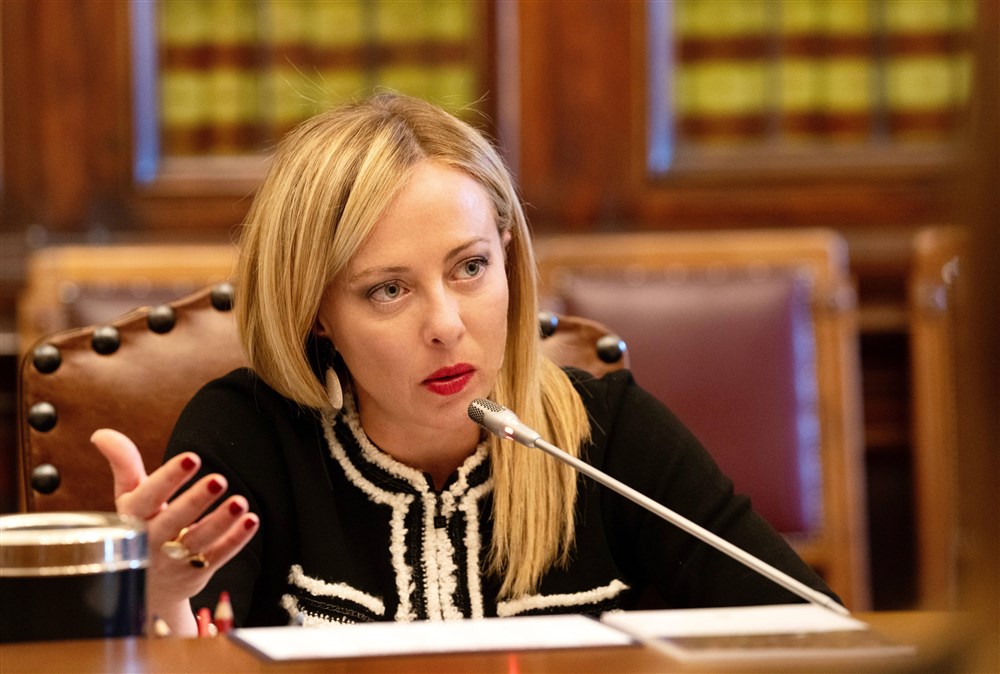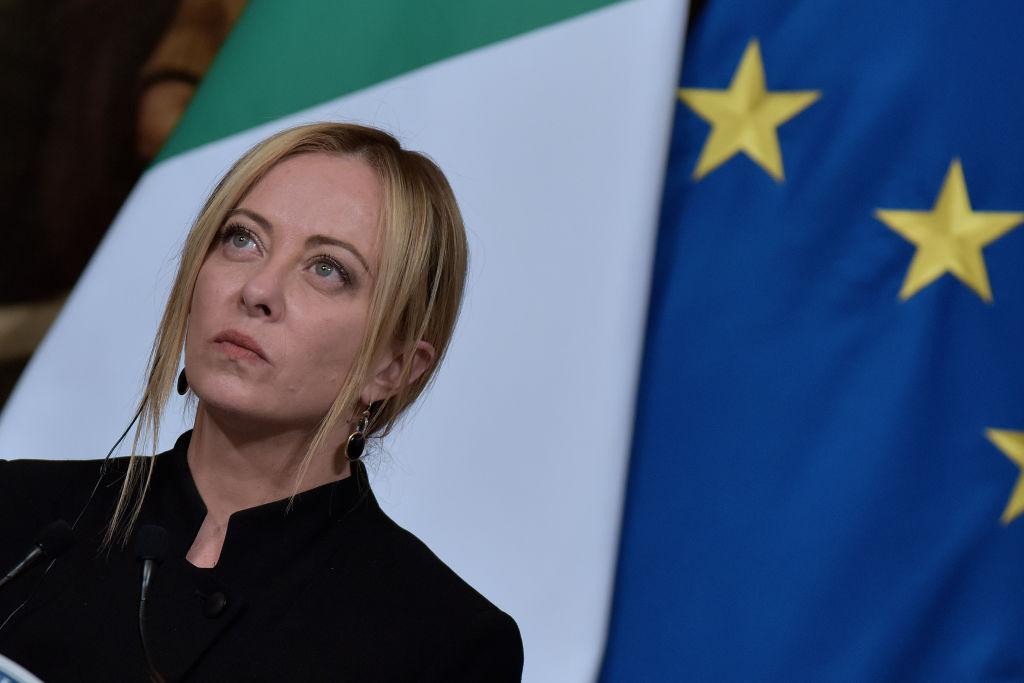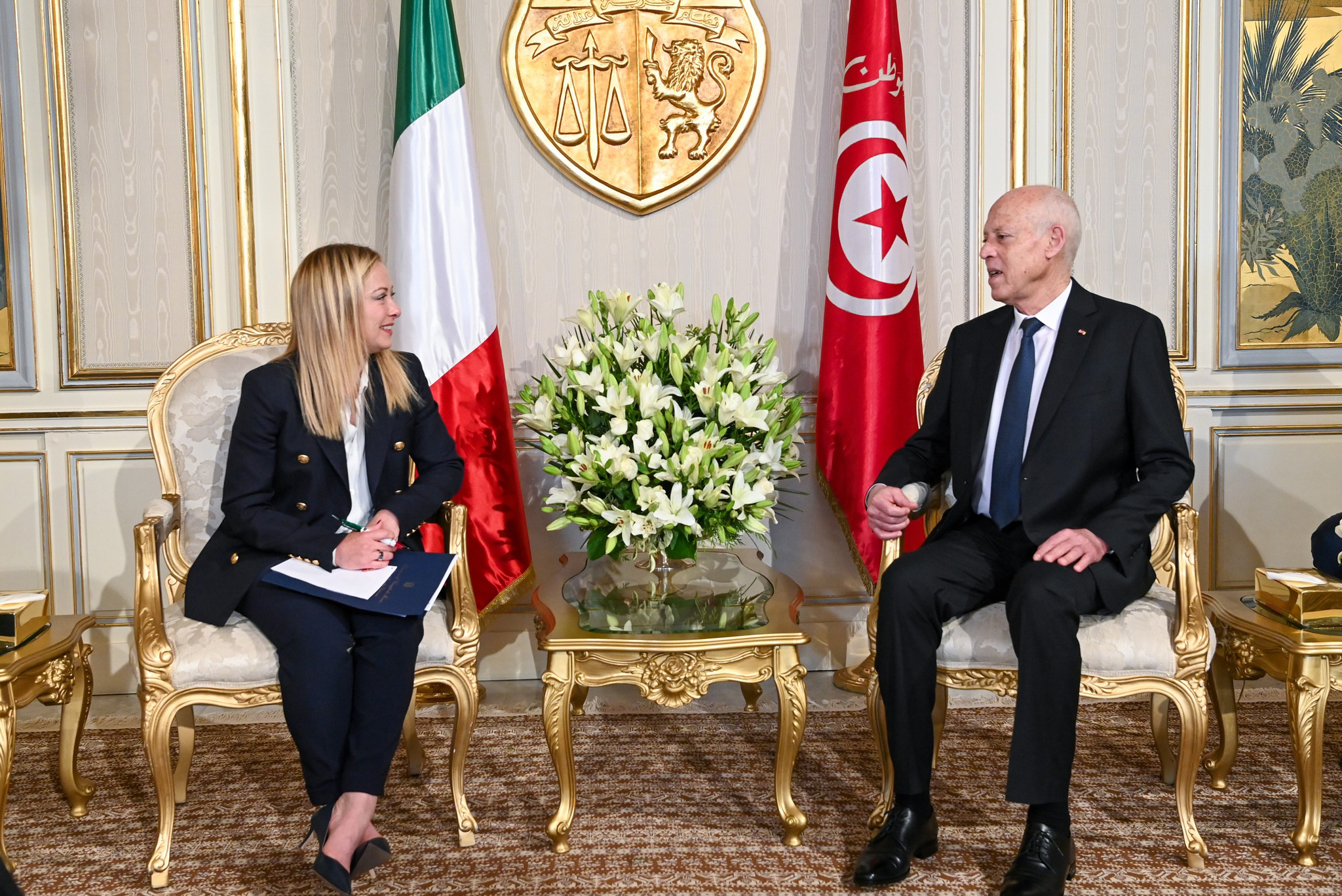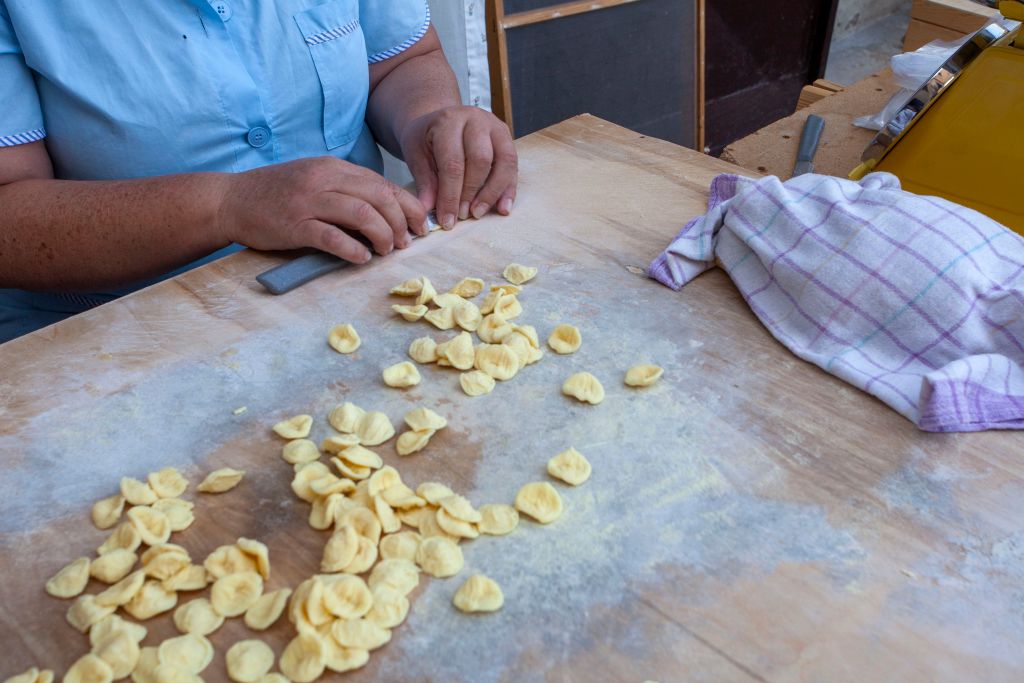The Brothers of Italy party of Italian Prime Minister, Giorgia Meloni, has proposed a new law to ban mosques set up on sites such as industrial warehouses and garages in Italy.
Opposition members have raised concerns about the proposal’s constitutional legitimacy but, under current rules, it seems the legislation could be approved.
The law was proposed by Tommaso Foti, who heads the Italian Chamber’s Environmental Commission, and seeks to outlaw the transformation of industrial sites into places of worship for Muslim communities.
The legislative proposal brings into focus current norms and decrees stating that religious groups cannot change the use of urban buildings into places of worship without government-sanctioned agreement.
Of the main religions in Italy, Islam is the only one that has no such agreement in place – thus, observers say, the law would apply to Islamic groups by default. Muslims comprise about 5 per cent of the Italian population, according to Istat, the country’s national institute for statistics.
Brothers of Italy member, Fabrizio Rossi, says the law “intends to limit the application of the current discipline, considering the proliferation during the last decade of associations that, as a matter of fact, have the exclusive or main function of managing places of worship for the Islamic communities in buildings that lack the urban, structural and security requirements for the intended use”.
Italian opposition parties expressed disapproval, including the centre-left Democratic Party, which has demanded further discussion on the matter in parliament. In addition, Piergiorgio Cortellazzo, of the centre-right Forza Italia party, which is part of the coalition government, also called for more talks regarding the proposed law. However, Giampiero Zinzi, a representative of the right-wing League party, said any discussions should only involve civic mayors.
Italy’s ruling right-wing parties have long expressed disapproval regarding an apparent free rein over the building of mosques and have questioned the source of funds used to construct them. Meloni’s party, in particular, has raised concerns that the money required might be coming from Gulf countries that support extreme versions of political Islam, such as Saudi Arabia and Qatar.
Italy is the only major country in Western Europe that has not suffered a substantial Islamic terrorist atrocity. In large part, that is believed to be because Italy’s intelligence services, used to dealing with organised crime, have so far been able to thwart any planned outrage.
In 2019, widespread anger erupted following the stabbing of a homeless citizen by a Moroccan man, apparently for wearing the crucifix, at Rome’s central station. In response to incidences of online support seeming to come from Islamic groups, an outraged Meloni stated: “If Muslims think they can bring holy war to our home, it’s time to take measures, even drastic ones: every form of Muslim immigration should be halted until they clearly get the message.”
She has since softened her approach, but Meloni’s party remains steadfast in making sure Islamic communities follow the law in Italy, and all aspects of their religious practices remain transparent.
Alessandra Bocchi is Associate Editor at Brussels Signal





